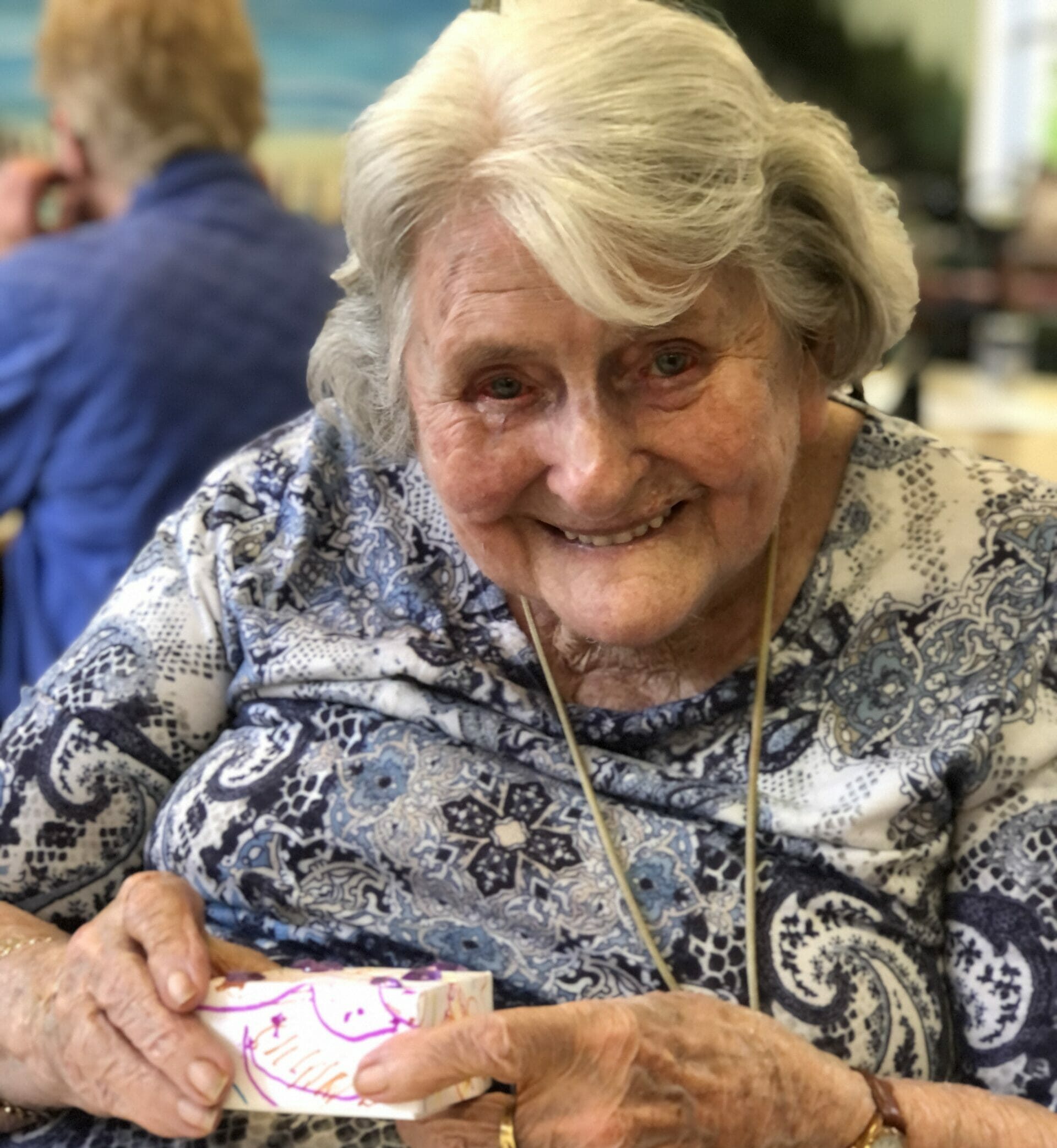What services are government funded?
Government-funded Support at Home packages can include many services, as listed below.
Services
The new Support at Home program offers a clear list of services provided, grouped into three categories. Support at Home directs government funding to services that keep you healthy in your and living where you want, and helping prevent unnecessary hospital visits. As part of this approach, you’ll contribute toward everyday items and services you’ve typically managed independently throughout life. Your contribution percentage varies based on your income and service types.
Clinical Care:
Specialised services to maintain or regain functional and/or cognitive capabilities e.g. Nursing, most allied health, nutrition, care management and restorative care management
Independence:
Support to manage your personal care, social support or transport to keep you moving independently e.g. Personal care, social support and community engagement, respite, and transport.
Everyday Living:
Support to look after your home and maintain your independence at home e.g. Domestic assistance, shopping assistance, home maintenance (including light gardening) & home repairs, meals (preparation and delivery)
If there are any additional services your funding doesn’t cover that you wish to access, we can offer these for you to purchase privately in most cases.
If you’d like to know more about government-funded services, call us and we’ll be glad to help.


